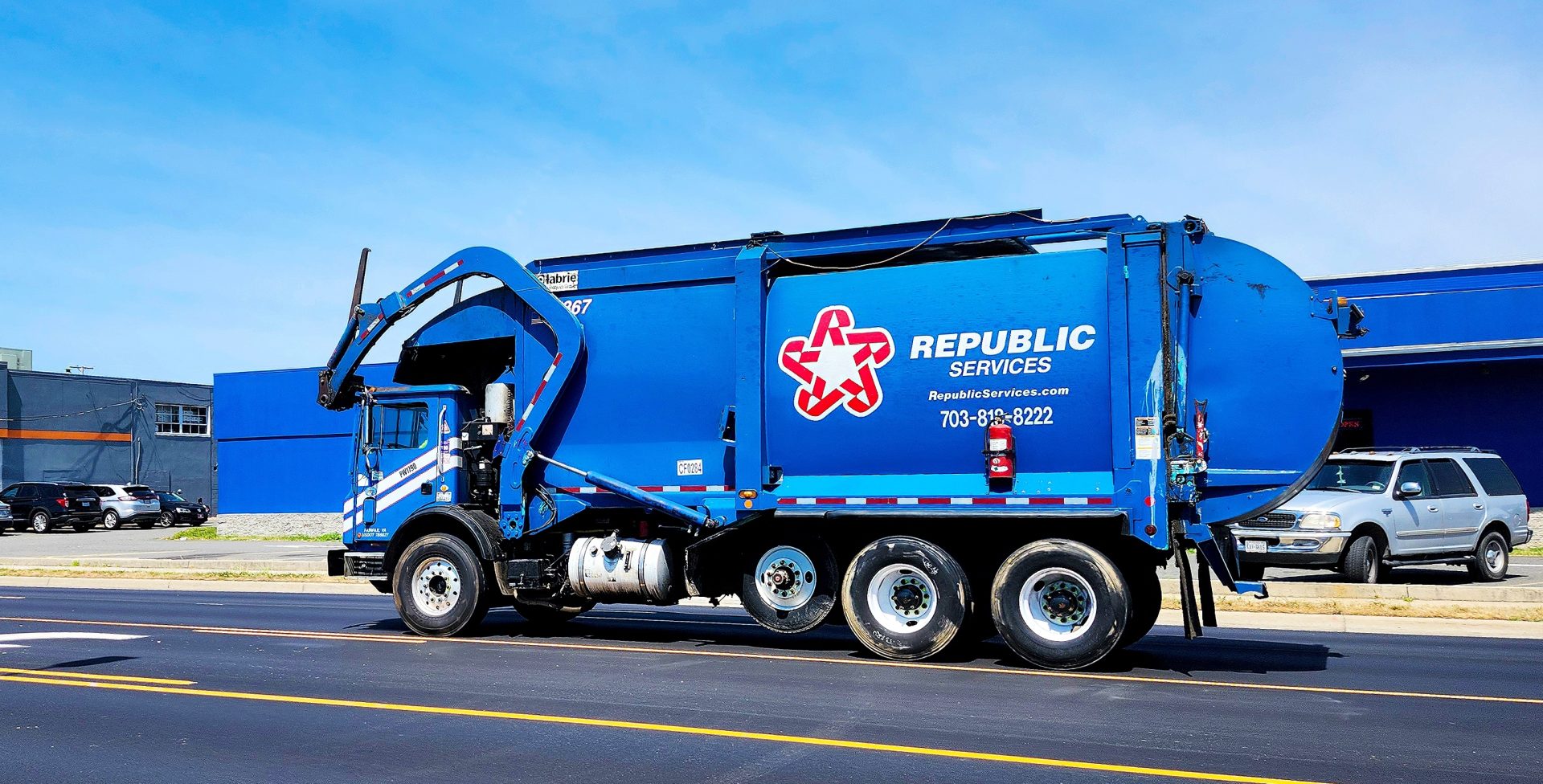Hundreds of Republic Services trash collection workers initiated a coordinated strike precisely at midnight Tuesday morning, launching what could become one of the most disruptive labor actions affecting Massachusetts waste management services. The Teamsters Union organized this dramatic work stoppage to pressure the Phoenix-based waste management corporation into providing better compensation and working conditions for employees who serve communities throughout the Boston metropolitan area.
Local 25 Teamsters represents approximately 450 striking workers who provide essential waste and recycling collection services for hundreds of thousands of residents across multiple communities. The strategic timing of the midnight strike launch ensures maximum impact on regular collection schedules while demonstrating the union’s commitment to achieving their negotiation objectives through decisive collective action.
The work stoppage immediately affects several Boston-area communities including Malden, Wakefield, Danvers, Gloucester, Peabody, and Revere, where residents now face potential service disruptions during the busy summer season. Workers established picket lines overnight at Republic Services facilities, creating visible demonstrations of their labor dispute that could extend far beyond Massachusetts borders.
National implications threaten widespread service disruptions
The International Brotherhood of Teamsters warns that primary picket lines could expand nationwide, potentially resulting in work stoppages affecting over 3,500 additional Teamsters employees across the country. This escalation would transform a regional labor dispute into a national crisis affecting waste management services in communities from California to Massachusetts, creating unprecedented disruption for millions of American households.
Teamsters General President Sean M. O’Brien delivered harsh criticism of Republic Services leadership, characterizing company executives as white-collar criminals responsible for forcing workers into strike action. His inflammatory rhetoric reflects the deep frustration union leaders feel regarding stalled contract negotiations and what they perceive as corporate intransigence in addressing worker concerns about wages, benefits, and labor protections.
Hundreds of additional Teamsters nationwide face similar contract disputes with Republic Services, creating potential for coordinated strike actions that could cripple the company’s operations across multiple markets simultaneously. Union leadership emphasizes that this fight extends beyond Boston, with workers experiencing identical problems with Republic Services management throughout their operational territories.
Economic pressures drive worker demands for better compensation
Striking workers cite Massachusetts’s extraordinarily high cost of living as the primary factor driving their demands for substantial wage increases and improved benefits packages. Union members report that current compensation levels fall significantly below what they need to maintain basic living standards in one of America’s most expensive states, forcing many to struggle financially despite working full-time in essential community services.
The Teamsters negotiation agenda focuses on three core demands including fair wage increases that reflect regional economic realities, enhanced health care benefits that provide comprehensive coverage for workers and their families, and expanded paid time off policies that recognize the physically demanding nature of waste collection work. These demands reflect broader labor movement trends toward securing living wages and dignified working conditions in essential service industries.
Republic Services counters union claims by emphasizing their competitive compensation packages that include health care plans, pension benefits, and generous time off policies they characterize as industry-leading. The company maintains that their current offerings provide fair compensation while remaining financially sustainable for their business operations and shareholder obligations.
Community impact creates pressure for swift resolution
Residents in affected communities express concern about potential garbage accumulation during the summer months when waste volumes typically increase and sanitation becomes particularly important for public health. Community members acknowledge the challenging nature of waste collection work, particularly during hot weather conditions, while expressing sympathy for workers seeking improved compensation and working conditions.
Republic Services has implemented contingency plans involving employees from unaffected regions to maintain essential waste collection services during the work stoppage. The company announced that customers may experience modified service schedules as they deploy replacement workers and adjust operational procedures to minimize community impact while negotiations continue.
Both parties express disappointment that contract negotiations reached an impasse requiring strike action, though they maintain commitment to reaching mutually acceptable agreements through continued bargaining. The outcome of this labor dispute could establish precedents for waste management industry labor relations and influence similar negotiations nationwide, making swift resolution beneficial for all stakeholders involved in this essential community service sector.













